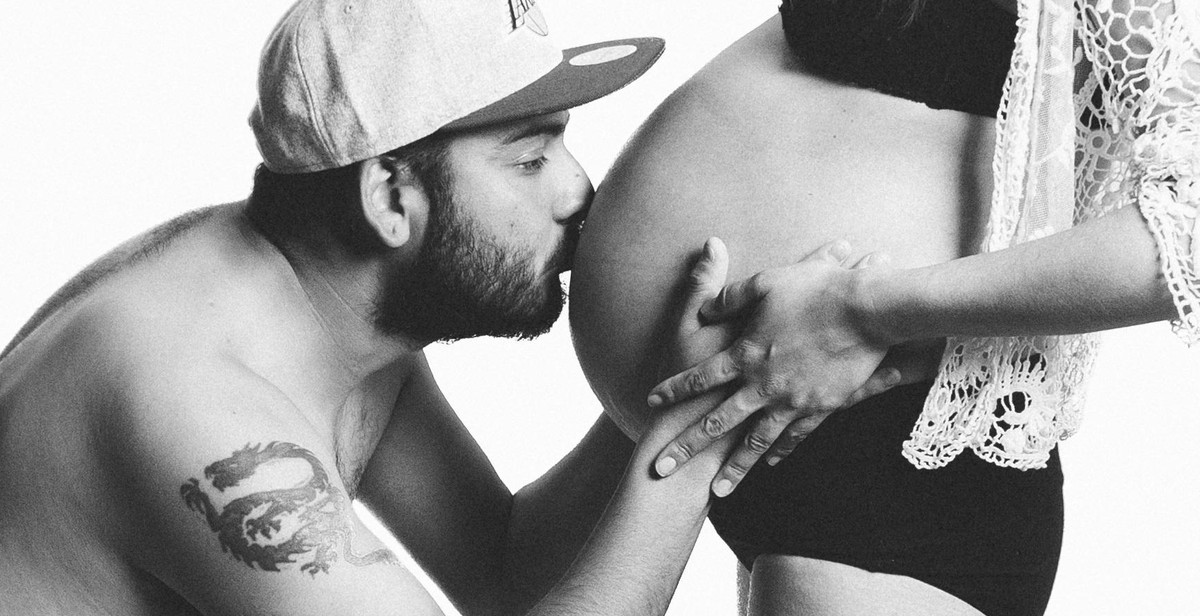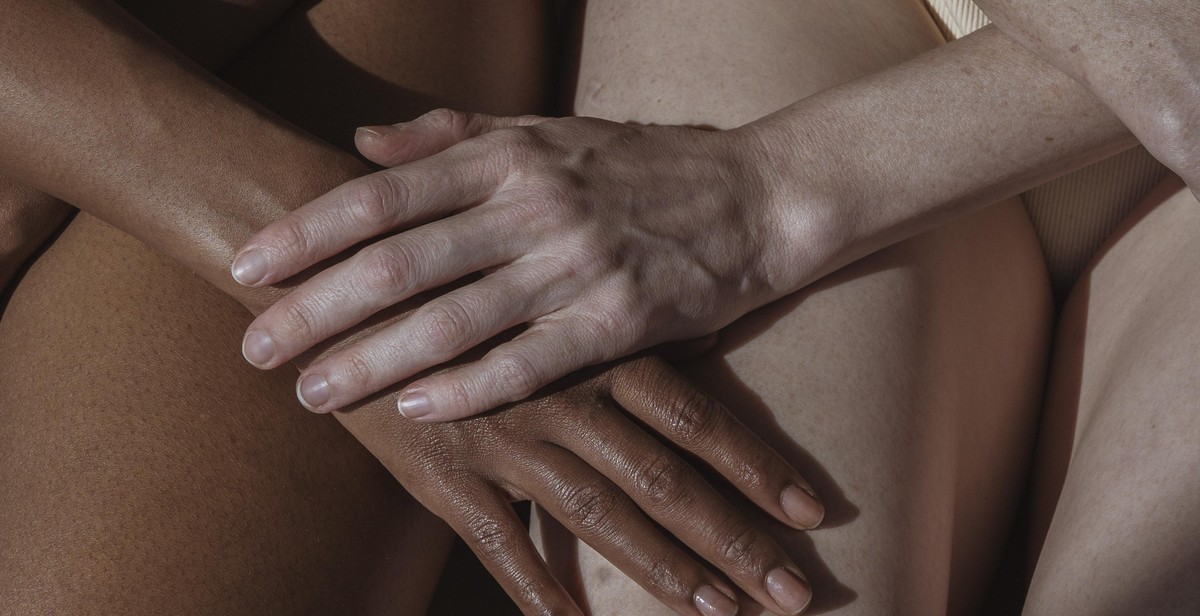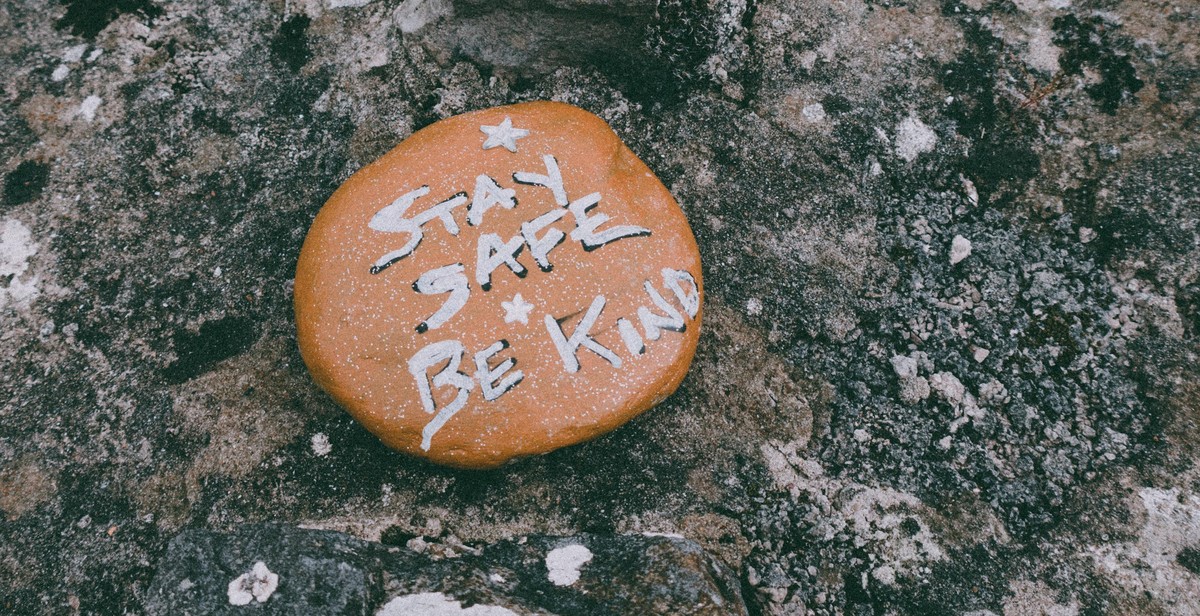Understanding the Impact of Personal History on Your Love Life
As a love and relationships psychology guru, I have seen firsthand the impact that personal history can have on our love lives. In fact, my own personal experiences with love and relationships have taught me just how vital it is to understand our past in order to create a healthy and fulfilling present and future.
My Personal Experience with Love and Relationships
Like many people, I have had my fair share of ups and downs when it comes to love and relationships. From toxic partnerships to heart-wrenching breakups, I have experienced it all. But what I have come to realize is that these experiences have all been shaped by my personal history.
Throughout my life, I have experienced a range of traumas and challenges that have impacted my self-esteem, communication skills, and ability to trust others. As a result, I have found myself repeating patterns in my relationships and struggling to create the healthy partnerships that I truly desire.
The Importance of Personal History in Love Life
It is important to understand that our personal histories shape our beliefs, values, and behaviors in relationships. Our childhood experiences, past traumas, and cultural backgrounds all play a role in how we approach love and intimacy.
By taking the time to reflect on our personal histories, we can begin to understand why we may be attracted to certain types of people or why we may struggle with certain relationship dynamics. This self-awareness can help us break free from negative patterns and create healthier, more fulfilling partnerships.
In this article, I will dive deeper into the impact of personal history on our love lives and provide actionable tips for using this knowledge to create the relationships we truly desire.

How Personal History Affects Your Love Life
Many people wonder why they keep experiencing the same relationship problems over and over again. The answer often lies in their personal history. Our past experiences shape our beliefs, behaviors, and expectations, which can have a significant impact on our romantic relationships. Here are some ways in which personal history can affect your love life:
Attachment Styles
Attachment styles are developed in childhood and can influence how we form and maintain relationships in adulthood. If you had a secure attachment style, you are likely to have healthy relationships characterized by trust, intimacy, and communication. However, if you had an insecure attachment style, you may struggle with fear of abandonment, jealousy, and clinginess. Recognizing your attachment style can help you understand your behavior in relationships and work towards developing a healthier attachment style.
Past Trauma and Emotional Baggage
Many people carry emotional baggage from past traumas, such as abuse, neglect, or a difficult childhood. This baggage can manifest in various ways in relationships, such as fear of intimacy, emotional numbness, or a tendency to attract abusive partners. It’s essential to recognize and address any past trauma or emotional baggage to avoid repeating negative patterns in your love life.
Family Dynamics and Upbringing
Family dynamics and upbringing can have a lasting impact on our relationship patterns. For example, if you grew up in a household where conflict was avoided, you may struggle with communication and conflict resolution in your relationships. Similarly, if you witnessed your parents’ unhealthy relationship dynamics, you may have internalized those patterns and unknowingly repeat them in your own relationships. Recognizing and addressing any negative family dynamics can help you break free from unhealthy relationship patterns.
Cultural Background and Beliefs
Cultural background and beliefs can also shape our expectations and behaviors in relationships. For example, if you come from a culture that values traditional gender roles, you may expect your partner to fulfill certain roles and responsibilities in the relationship. Similarly, if you grew up in a religious household, you may have certain beliefs about premarital sex or divorce that can impact your relationship decisions. Recognizing and understanding the influence of your cultural background and beliefs can help you navigate any conflicts or differences that may arise in your relationship.
Conclusion
Personal history can have a significant impact on our love lives. Understanding how our attachment styles, past traumas and emotional baggage, family dynamics and upbringing, and cultural background and beliefs shape our expectations and behaviors can help us develop healthier relationships. By recognizing and addressing any negative patterns, we can break free from the past and create a better future for ourselves and our partners.

Healing from Past Wounds
Our past experiences shape who we are today, including how we approach love and relationships. If we have been hurt or traumatized in the past, it can be difficult to move forward and form healthy connections with others. However, healing from past wounds is possible with self-reflection, therapy and counseling, forgiveness, letting go, and healthy communication.
Self-Reflection and Awareness
Self-reflection and awareness are essential for healing from past wounds. It is important to identify the source of the pain and understand how it has impacted your life and relationships. This can involve journaling, talking to a trusted friend or family member, or seeking the guidance of a therapist or counselor.
Therapy and Counseling
Therapy and counseling can be a powerful tool for healing from past wounds. A therapist or counselor can provide a safe and supportive environment to explore your emotions and experiences. They can also offer guidance and coping strategies for managing difficult emotions and building healthy relationships.
Forgiveness and Letting Go
Forgiveness and letting go are important steps in the healing process. Holding onto anger, resentment, or hurt can prevent us from moving forward and forming healthy relationships. Forgiveness does not mean forgetting or excusing the past, but rather choosing to release the negative emotions associated with it. This can involve writing a letter to the person who hurt you (even if you never send it), practicing mindfulness and meditation, or seeking the guidance of a therapist or counselor.
Healthy Communication
Healthy communication is essential for building and maintaining healthy relationships. This involves expressing your needs and feelings in a clear and respectful manner, listening actively to your partner, and working together to resolve conflicts. Communication can also involve setting boundaries and recognizing when a relationship is no longer serving your needs.
In conclusion,
Healing from past wounds is a journey that requires self-reflection, therapy and counseling, forgiveness, letting go, and healthy communication. By taking these steps, you can break free from the patterns that have been holding you back and form healthy and fulfilling relationships.

Moving Forward in Your Love Life
Understanding the impact of personal history on your love life is an important first step towards building a healthy and fulfilling relationship. However, it’s equally important to take action and make positive changes. Here are some steps you can take to move forward in your love life:
Setting Boundaries
One of the most important things you can do to improve your relationships is to set clear boundaries. This means defining what you are and are not willing to tolerate in a relationship. Setting boundaries can be difficult, but it’s essential for your emotional well-being. Remember that you deserve to be treated with respect and kindness.
Choosing Compatible Partners
Choosing a compatible partner is crucial for a healthy relationship. This means finding someone who shares your values and goals, and who is willing to work with you to build a strong and lasting connection. Take the time to get to know potential partners before committing to a relationship. Look for someone who is supportive, understanding, and compassionate.
Continuing Personal Growth and Development
Finally, it’s important to continue your personal growth and development. This means working on yourself, learning new skills, and pursuing your passions. When you are happy and fulfilled in your own life, you will be better equipped to build a healthy and fulfilling relationship.
- Set clear boundaries
- Choose compatible partners
- Continue personal growth and development
By taking these steps, you can move forward in your love life and create the healthy and fulfilling relationship you deserve.
